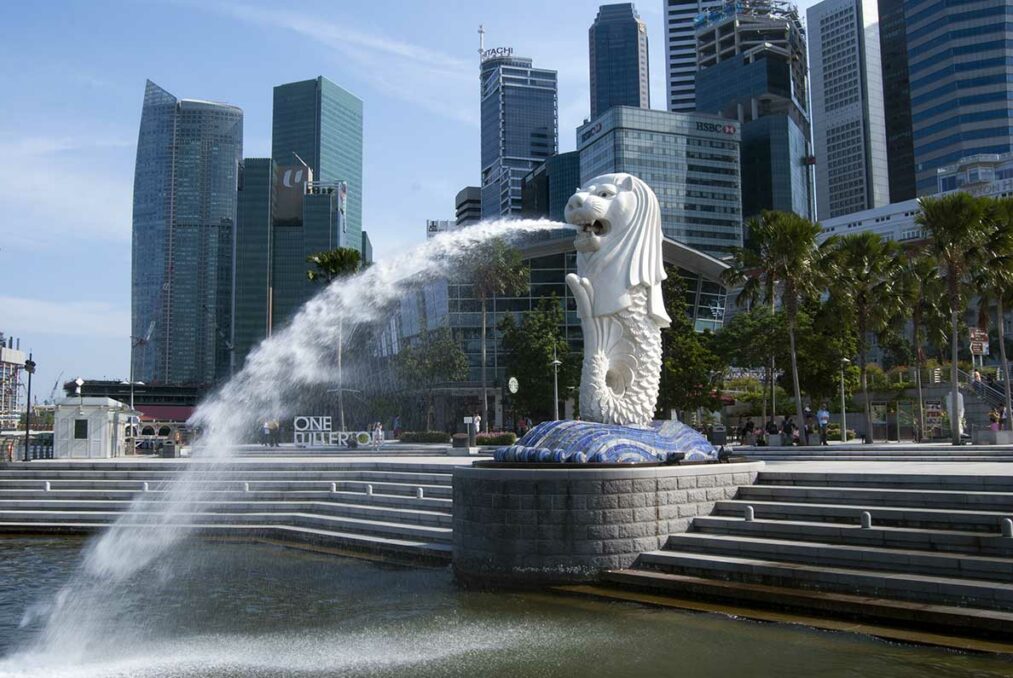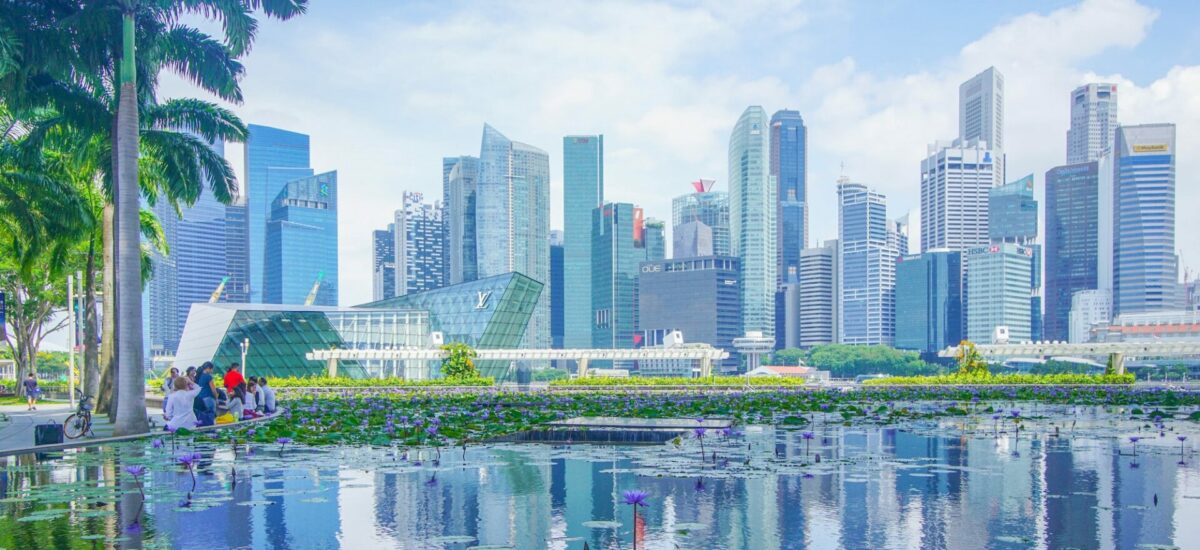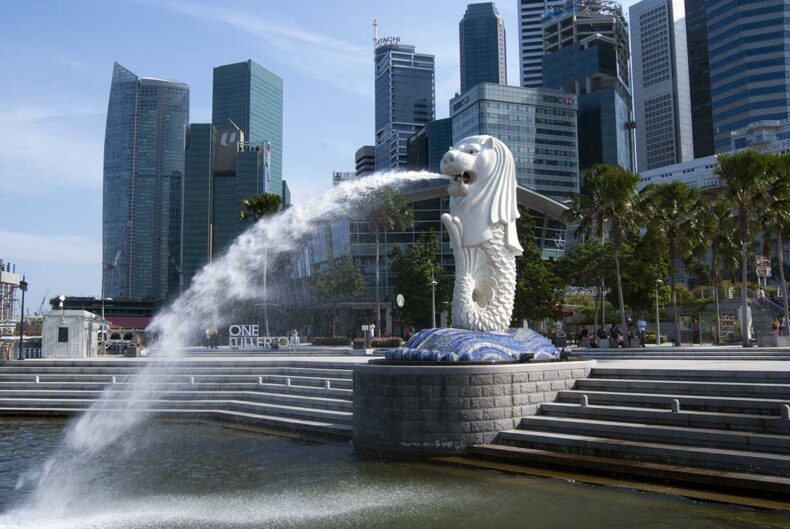Criteria that evaluate economic performance, government efficiency, business efficiency, and infrastructure are the foundation of the ranking.

SINGAPORE: This year, a global competitiveness index of 64 economies placed Singapore fourth, down one spot.
The city-state is still the most competitive in Asia, ahead of Taiwan and Hong Kong, in the annual report, but it now ranks below Denmark, Ireland, and Switzerland. The International Institute for Management Development (IMD) World Competitiveness Center used 336 criteria to determine the ranking, which took into account infrastructure, business efficiency, and economic performance.
According to the report, Singapore’s decline in the ranking was mostly caused by a slight decline in government efficiency factors like competition legislation and policy adaptability.
However, other indicators showed that the Republic performed well, placing sixth in productivity and efficiency, fourth in international investment, and second in employment.
Professor Arturo Bris, who heads the institute, said that Singapore has handled the COVID-19 pandemic well, but that the country’s late reopening, which came later than most European nations, has hurt the country’s competitiveness.
However, he emphasized that the decline was “not significant” and stated that Singapore “remains a very strong competitive economy.”
Prof Bris said on June 20 that Singapore will benefit this year from its strong economy and will make a lot of money. According to the findings, countries that waited until after the pandemic to open up, such as Thailand, Indonesia, and Malaysia, are beginning to see an increase in their competitiveness going forward. On the other hand, people who open up first are beginning to lose ground in rankings.
Unlocking the Secrets of the Small but Mighty
The most successful economies in the most recent competitive index are small but powerful ones with flexible governance and strong trade ties. According to the research, small nations that make good use of access to markets and trading partners are the top-ranking economies, including Singapore.

For instance, Ireland’s strong economic performance and significant progress in government and business efficiency contributed significantly to its rapid rise to second place. Even though Switzerland fell to third overall, it still performed well across competitive factors and regained its top spot in infrastructure and government efficiency.
According to Prof. Bris, smaller nations facilitate private and public sector consensus. He went on to say that Singapore has a strong infrastructure, both tangible and intangible, especially in education and healthcare. He stated that among the factors that contribute to the nation’s competitive edge, “the government also considers the long-term needs of the country much more than the short-term needs.”
“Singapore is very well prepared to deal with challenges in the coming years because the country has invested in human capital.”

Achieving Adaptability
Prof. Bris emphasized tensions in the South China Sea and the impact of Russia’s invasion of Ukraine, pointing out that Singapore’s size is both a strength and a weakness due to its greater vulnerability to geopolitical issues. He explained, “Singapore operates in the middle of a large market – Asia, and it heavily depends on external markets.”
The author believes that Singapore’s biggest problem is that it’s a small country. Small countries can be harmed more by political problems. According to Prof. Bris, Singapore’s price tag is another factor that hinders the country’s ability to compete with other small economies like Hong Kong and Switzerland. He stated, “Successful economies are also expensive.” Because it is a part of being successful, we do not want to avoid it.
Impact of Staying Competitive
To navigate a world that is becoming increasingly fragmented, economies will need to embrace agility and adaptability, according to the report. Therefore, Prof. Bris stated, in addition to continuing to invest in health, education, and digital infrastructure, Singapore should focus on two additional areas to remain competitive.
He stated that the first is to increase domestic production and local produce to cultivate resilience and work toward self-sufficiency.
The second is to place a greater emphasis on regional trade and cooperation. He said that Singapore should concentrate on Southeast Asia because that region is where it can become profitable, efficient, and successful. We no longer have the same access to markets like Chile and Canada thanks to globalization. At the moment, we ought to concentrate significantly more on business sectors that are closer to us.













